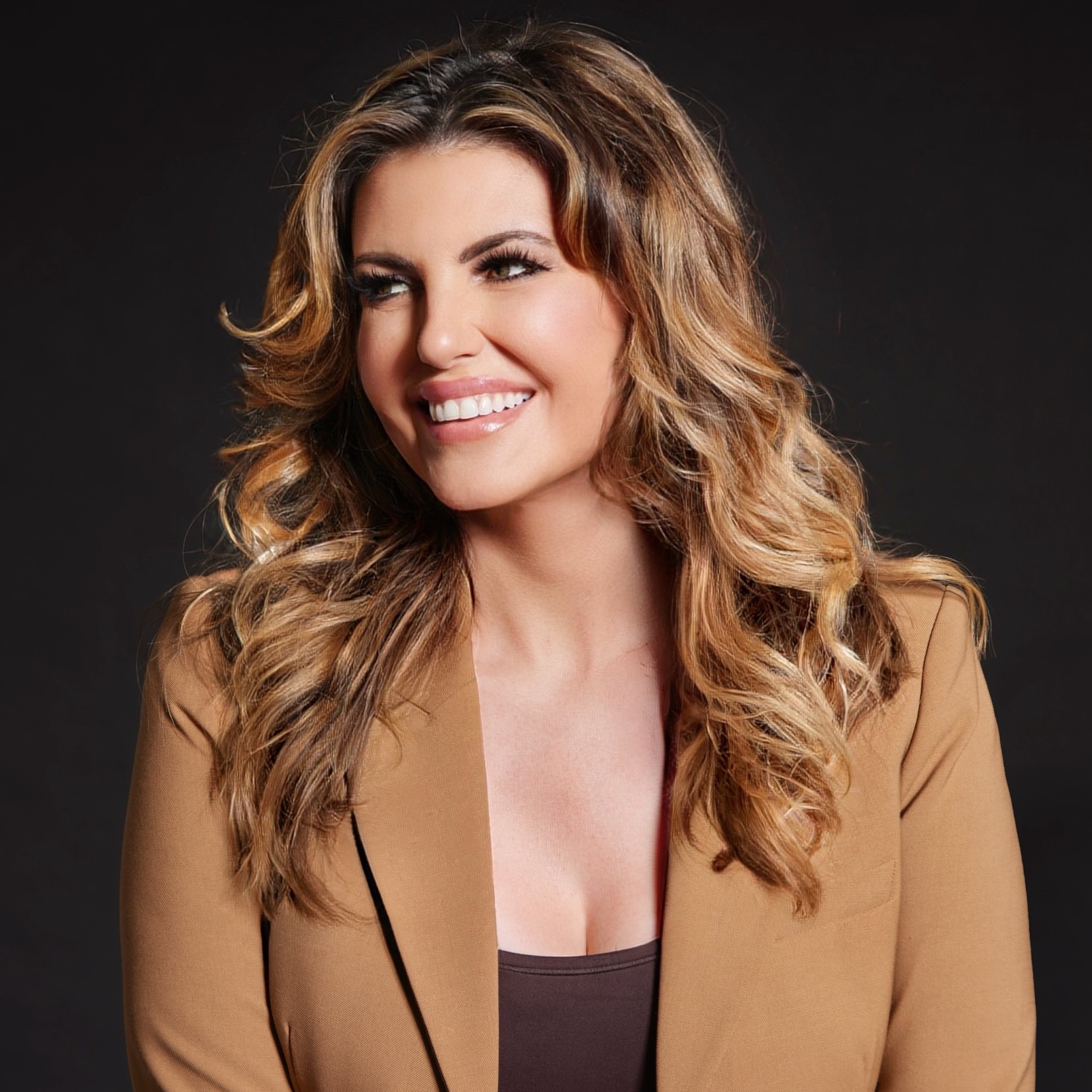
10 Questions to Ask Before Choosing A Couples Counselor Near Me
January 29, 2025

Choosing a couples counselor near me can feel overwhelming as it is an important step in strengthening and healing relationships. With so many options available, it’s easy to feel overwhelmed. The right fit matters—because therapy should feel like a space where you and your partner can be truly seen, heard, and supported.
Before committing, ask these essential questions to ensure your counselor aligns with your needs, values, and goals.
1. What Is Your Approach to Couples Counseling?
Every therapist brings a unique approach to their work. Some follow structured methods like Emotionally Focused Therapy (EFT), which centers on deepening emotional bonds, while others lean toward Cognitive Behavioral Therapy (CBT), which focuses on shifting unhelpful patterns of behavior. Understanding a counselor’s philosophy and style will help you decide if their approach resonates with both you and your partner. Therapy should feel like a collaborative journey—not a series of disconnected sessions.
2. What Are Your Qualifications and Experience?
Experience matters. Ask about their training, certifications, and years of practice working specifically with couples. An experienced therapist has likely worked through a range of challenges—from communication breakdowns to rebuilding trust after infidelity. If you and your partner are facing specific concerns, such as navigating major life transitions or healing from past wounds, it’s important to find someone with specialized expertise in those areas.
3. How Do You Handle Conflict in Sessions?
Tough conversations are part of the process, and a skilled counselor knows how to create a space that fosters understanding rather than escalating tensions. Ask how they help couples navigate disagreements, de-escalate emotions, and keep sessions productive. Some therapists incorporate structured techniques like role-reversing, guided reflection, or even built-in pauses to allow for emotional regulation. You want to feel confident that your counselor can guide you through difficult moments with balance and care.
4. Do You Have Experience With Our Specific Issues?
Every relationship is unique, and so are the challenges you face. Whether you’re working through trust issues, intimacy concerns, or navigating blended family dynamics, it’s important to know if your therapist has successfully supported couples in similar situations. Ask about their experience with the specific issues you’re facing and how they’ve helped others work through them. A counselor with deep insight into your challenges will offer tailored guidance rather than a one-size-fits-all approach.
5. What Is Your Availability and Session Frequency?
Consistency is key in therapy. Ask about scheduling options to ensure they align with your needs. Some couples benefit from weekly sessions, while others prefer a more flexible cadence. It’s also helpful to know if your counselor offers additional support during high-stress moments or periods of crisis.
6. How Do You Measure Progress in Counseling?
Therapy is an investment in your relationship, and it’s important to understand how progress is tracked. Does the counselor set clear goals with you? Do they check in periodically to assess how things are going? Some therapists use structured assessments, while others rely on organic conversations and feedback. Knowing what to expect will help you stay engaged and motivated throughout the process.
7. Is There an Initial Assessment Process?
An initial assessment can provide clarity and direction for your therapy journey. This might include individual sessions, questionnaires, or guided discussions that help your counselor understand your dynamic as a couple. A thoughtful assessment lays the groundwork for meaningful, targeted sessions—so it’s helpful to ask how your counselor gathers insight before diving into the work.
8. Are Sessions Confidential?
Trust is foundational in therapy. Your counselor should provide a clear explanation of confidentiality guidelines, ensuring you and your partner feel safe discussing sensitive topics. If there are any exceptions (such as mandatory reporting requirements), they should be upfront about them from the start.
9. Do You Offer Online Counseling Options?
If in-person sessions aren’t always feasible, virtual therapy can be a great alternative. Many couples appreciate the flexibility and accessibility of online counseling. If this is something you’re considering, ask about their virtual session setup, the platforms they use, and how they ensure sessions remain just as impactful as in-person meetings.
10. What Are Your Rates and Billing Policies?
Understanding the financial aspect of therapy is crucial. Ask about session fees, cancellation policies, and payment options. If you’re using insurance, find out if they accept your plan or offer superbills for reimbursement.
While cost is a factor, it’s important to remember that therapy is an investment in your relationship’s long-term health and happiness. A skilled counselor can help you break unhealthy patterns, improve communication, and rebuild trust—benefits that extend far beyond the therapy room. Choosing the right professional is about more than price; it’s about finding someone who can truly help you create the relationship you want and deserve. The right support is always worth the investment.
The right therapist can make all the difference. At The Montfort Group, we believe couples therapy should be a space for honest conversations, growth, and connection. Whether you’re looking to strengthen your bond, heal old wounds, or navigate a major transition, we’re here to support you—every step of the way.
If you’re ready to start your journey, we’d love to help you find the right fit. Reach out today.

Cory is a licensed professional counselor and board-approved supervisor in Texas with extensive experience in mental health, crisis intervention, and relationship counseling. With a background in education and a Master’s in Counseling from Southern Methodist University, she specializes in supporting individuals, couples, and families. Beyond her clinical work, Cory is a dedicated community leader, having founded the nonprofit Together Richardson, acquired Richardson Living Magazine, and served on multiple leadership boards. She is passionate about blending professional expertise with faith-based mental health initiatives through her work with Beacon of Light.
accept
We use cookies to improve your browsing experience and ensure the website functions properly. By selecting 'Accept All,' you agree to our use of cookies.
© Tmg XXXX
Brand & Website by Writefully Said
Contact our office:
The Montfort Group is a highly-trained team of professional therapists in Plano, TX providing counseling and support for individuals, couples, teens, and families.
Stay Connected
Schedule Now